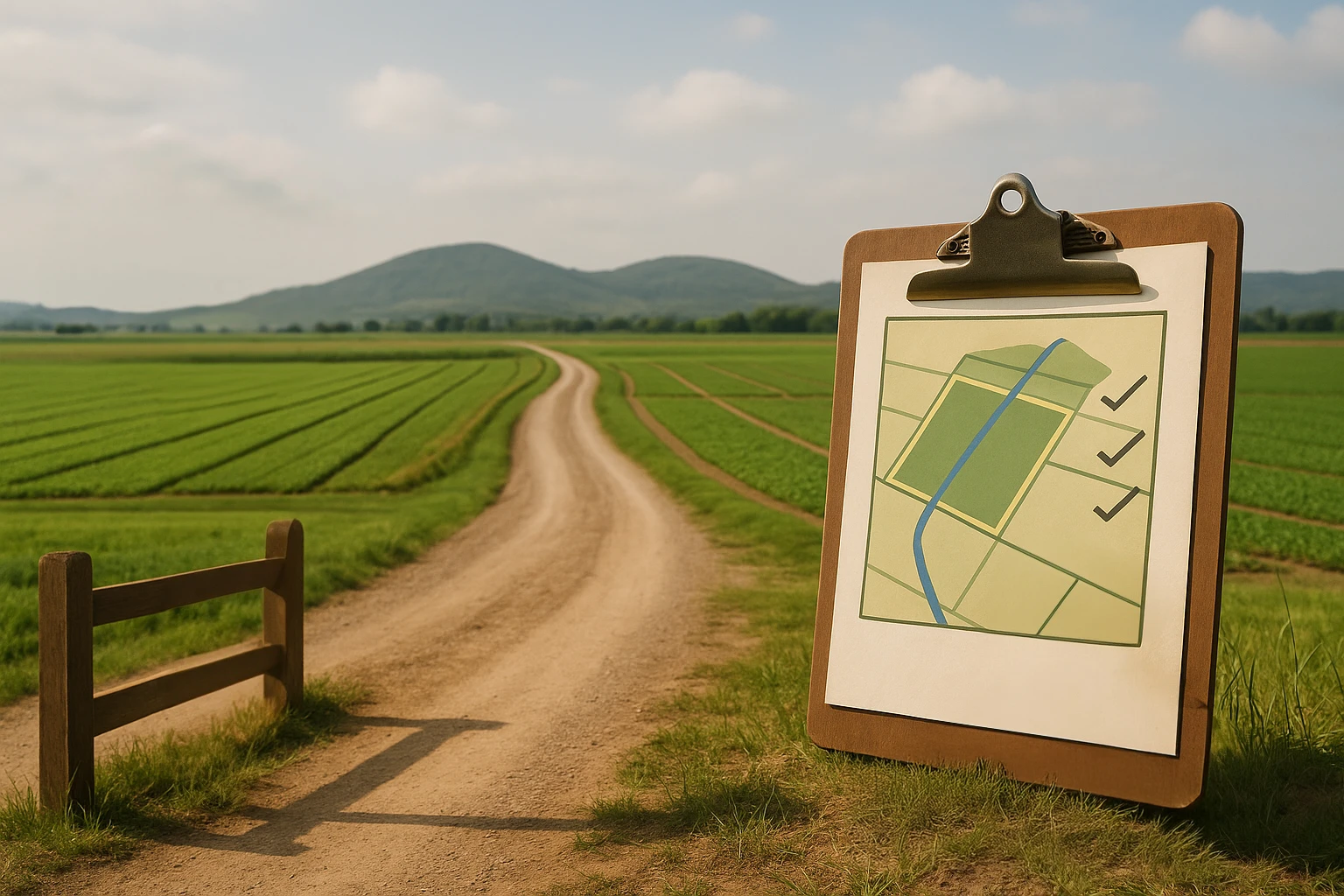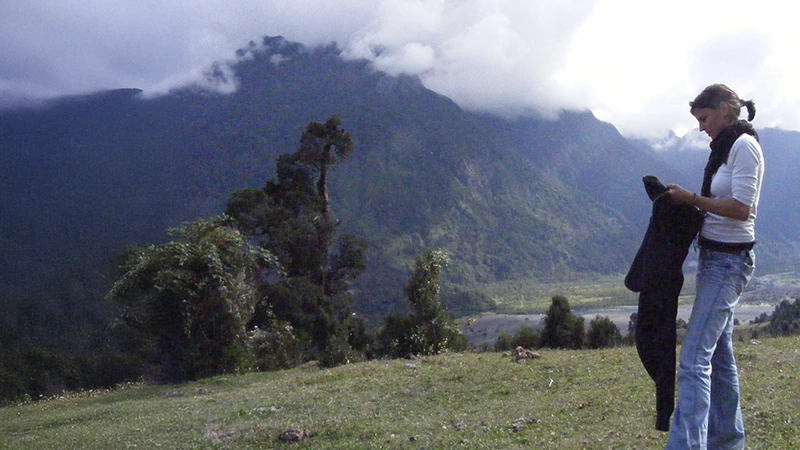In the dynamic world of rural development and the sale of land, legal and expeditious access has become a decisive factor. As a result of multiple disputes over sloppy lotus and the rise of so-called “pleasure plots,” new regulations have been implemented to regulate transit services in a clear and binding manner. This article analyses in depth the current legal regime, the requirements for its constitution and the concrete impact of Law No. 21.458 on the subdivision of rustic grounds.
What is a transit servitude and when does it exist legally?
Predial servitude is a real right that taxes one property for the benefit of another. In other words, it allows one (dominant) property to take a step for another (servant). But this right is not automatic: it requires a constitutive title and registration in the real estate conservator (CBR) to be effective against third parties.
Therefore, even if a path has been used historically, if there is no registration or writing in force, there is no legal servitude. This is expressly stated in article 882 of the Civil Code, which requires title for discontinuous servitude such as transit. Neither immemorial use nor mere tolerance is enough.
How is the existence of a servitude verified?
The safest way is to apply for a Certificate of Mortgage and Gravity of the serving property in the CBR. This document shows whether there is any registered servitude. If it does not appear, it does not exist legally, even if a road has been used for years. In the area of security rights, the rule applies: “What is not registered is not worth against third parties.”
Legal options if there is no registered servitude
If the property has no access and no formal servitude, there are several legal alternatives:
- Conventional Constitution:
The parties may voluntarily agree on a transit servitude. This agreement must be translated into public writing and then registered with the CBR. The plane with coordinates and layout is mandatory. - declarative or recognition judgement:
If there is a background (such as an old title or long use), the declaration of servitude may be required. But without registration, the trial must be concluded with a title that allows its registration. - Trial by interlocking (art. 847 CC):
If the property has no access to public access, a legal transit servitude can be required, making financial compensation for the servant property. This servitude must also be registered for validity. - Application for protection:
It is a precautionary measure to prevent arbitrary cuts on the way. It does not create permanent rights and does not generate registration, but it can restore access on a provisional basis.
Law 21.458: New regulations for rural subdivisions
Promulgated on 20 July 2022, Act No. 21.458 introduces key changes to Decree Law No. 3.516, which regulates the subdivision of rustic lands. Your target? Ensure that each resulting batch has legal and secure access.
Main changes:
- Compulsory access to public or agricultural roads.
- The interior roads (servumes or lots on the way) must be kept pro rata by the owners.
- The roads projected on planes certified by the SAG are understood as automatic transit servums.
- Obligation to register these servumes in the CBR.
This puts an end to informality in access: use or tolerance is no longer enough. Each subdivision must provide for and formalize legal access, especially if the lot does not directly connect with a public road.
Regularization and shopping: what you should consider
For rural buyers, verifying registered legal access is essential. The servitude must be included in the domain registration, otherwise the buyer should require its formalization as a precondition.
For subdividers, the process now requires more planning:
- Include the road in the plane certified by the SAG.
- Register the servitude at the real estate conservator.
- Ensure proportional maintenance between owners.
In the case of old lotuses without formal access, it is possible to benefit from the regularization procedure by Act No. 21.234, which was extended until 2030 by Act No. 21.477.
Expert views and monitoring
Legal studies such as Dentons and Fontaine & Cia have indicated that the law improves legal certainty and avoids future conflicts. Jaime Mayor (Idealex) stresses that now vehicle access must be registered and maintained proportionally.
The Agricultural and Livestock Service (SAG) has a leading role: it certifies subdivisions, requires plans with legal access, and can suspend processes if it detects urban abuse. The Comptroller’s Office has reaffirmed its powers.
Legal security for rural development
The current legislation – supplemented by Act No. 21.458 – seeks to professionalize and regularize the development of rural soil. Transit servumes are now a central component, not an optional formality.
To avoid legal problems and protect your investment, always check that the lot has registered legal access, and if you are going to subdivide, plan the route and record of the path from the start. In a market where connectivity and legality are increasingly valued, compliance with these rules is not only an obligation, but a competitive advantage.
How can Produncan Lands legally help you?
In Produncan we understand that legal access to your rural property is not only a technical issue, but a fundamental need to fully exercise your property rights. Whether you are buying, subdividing, regularizing or defending your access to a road, we accompany you at every step of the process with solid and up-to-date legal support, Contact us!


